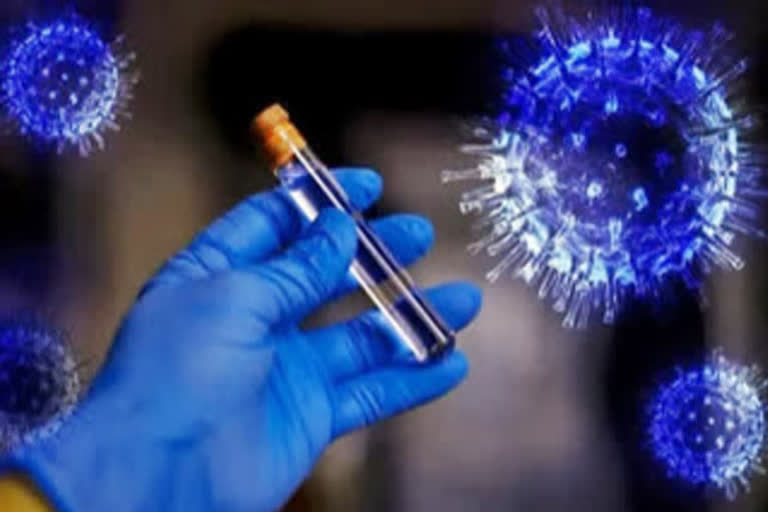New Delhi: Being aware of the seriousness of the latest Covid-19 virus strain in the UK, the govt has set up the Indian SARS-CoV-2 Genomics Consortium (INSACOG) to monitor the genomic variations in the SARS-CoV-2 on a regular basis through a multi-laboratory network.
Accordingly, it has been proposed that 10 identified regional hub laboratories for genome sequencing (RGSL) will serve the relevant region. The country will be divided into six regions for clearly defining the sample collection and transportation.
A note from the Union Health Ministry in possession of ETV Bharat said that two regional hubs will be set up in the East and North East which will cater to the needs of West Bengal, Bihar, Jharkhand, Assam, Tripura, Meghalaya, Manipur, Arunachal Pradesh, Sikkim, Nagaland, Mizoram, Odisha, Chhattisgarh.
The two regional hubs for Western India will look after Goa, Maharastra, Gujarat and western part of UP.
Four regional hubs in South will look after Andhra Pradesh, Telangana, Goa, northern part of Karnataka, Karnataka, Tamil Nadu, and Puducherry.
One regional hub for central India will look after Rajasthan, Punjab, Haryana and western part of UP and one another regional hub for North and central India will look after Kerala, the eastern part of MP, Uttarakhand, Delhi, Haryana, Himachal Pradesh, Ladakh, J&K and Punjab.
"A nodal unit will be created at NCDC, New Delhi with officers from biotechnology division, epidemiology and central surveillance unit. This will act as a pivot and coordinate with the respective state and district surveillance unit and plan the transportation of samples to the designated RGSL," the note said.
The overall aim of the Indian SARS-CoV-2 Genomics Consortium is to monitor the genomic variations in the SARS-CoV-2 on a regular basis. The research consortium will also assist in developing potential vaccines in the future.
"In case the UK variant or any other variant mutation is detected in any sample, the virus will be sent to Covid virus repositories at RCB-Faridabad or NIV-Pune for isolating the virus and further culturing. This can then be shared as per notified guidelines for the development of assays, which will help in validation of diagnostics and also testing of the vaccine under development," the note said.
Also read:Andhra Pradesh conducts Covid vaccination dry run
Further, the molecular surveillance will be closely linked with the epidemiological surveillance and clinical specimens will also be collected for relevant clinical correlation.
The note highlighted that against the background of sudden outbreak of a new SARS-CoV-2 variant in the UK requires India to increase viral genomic surveillance to expand the whole genomic sequencing across the nation, "aiding our understanding how of how the virus spreads and evolves."
Over the last few weeks, the UK has faced a rapid increase in Covid-19 cases in South East England, leading to enhanced epidemiological and virological investigations. Analysis of viral genome sequence data identified that a large proportion of cases belonged to a new single phylogenetic cluster.
While it is expected that viruses constantly change through mutations leading to the emergence of new variants, preliminary analysis in the U suggested that this variant is significantly more transmissible than previously circulating variants, with an estimated potential to increase the reproductive number (R) by 0.4 or greater with an estimated increased transmissibility of up to 70 percent.
It is suggested that all the international passengers who have arrived in India during the last 14 days, if found symptomatic and tested positive, will be subject to genome sequencing.
However, the genome sequencing for assessing the current status from the sample tested positive during the past months (September onwards) will depend on the availability of aliquots of positive samples in government and private labs.
Noting that many of the labs are not storing the positive samples, the note said that while specimens collected in the past will have such limitations, "prospectively collected specimens can be used on a weekly basis for 5 percent random draw based representative sampling."
